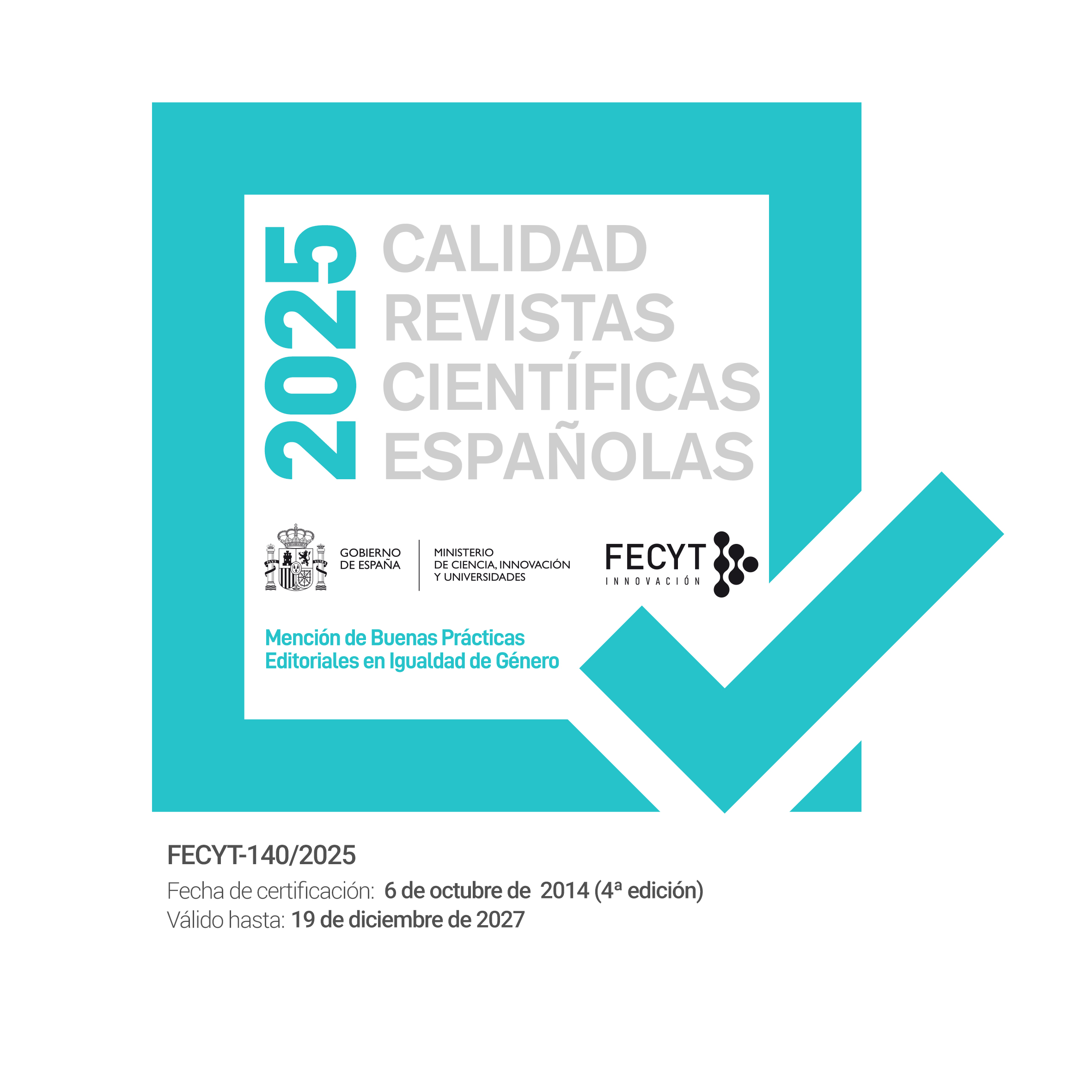UNA APROXIMACIÓN A LOS PATRONES DE COMUNICACIÓN ENTRE EL PROFESOR MENTOR Y EL PROFESOR-ESTUDIANTE EN EL CONTEXTO DE LA PRÁCTICA PEDAGÓGICA
DOI:
https://doi.org/10.5944/educxx1.15.1.158Palabras clave:
Mentores, reflexión, interacción dialógica, rol del mentor, rolResumen
Puesto que la Formación Inicial Docente (FID) ha sido, en este último tiempo, parte de la agenda nacional del Ministerio de Educación de Chile, este estudio tiene como objetivo comprender los patrones de comunicación establecidos entre un grupo de profesores mentores y de profesores-estudiantes de pedagogía de una institución de educación superior de Concepción, Chile.La investigación es un estudio de casos múltiples de doce informantes, adscrita al paradigma interpretativo-hermeneútico. El instrumento de recolección de información es la entrevista semiestructurada, que fue analizada mediante el uso del software de análisis cualitativo Atlas-Ti que permitió segmentar, codificar y establecer relaciones entre los datos.
El estudio constató que los patrones de comunicación en un proceso de mentoría se caracterizan por establecer tipos de interacciones reflexivas y promover la co-construcción de significados y la permanente autocrítica del quehacer pedagógico. Asimismo, el rol del mentor como apoyo y guía, resulta
crucial en su relación con el profesor-estudiante.
Abstract
Since initial teacher training has been taken into account in the national agenda of the Ministry of Education in Chile, this research aims at understanding the patterns of communication established between a group of mentors and a group of student-teachers in a Pedagogy programme in a university located in Concepción (Chile).
The research is a hermeneutic-analytic multiple case study. The research instrument was a semi-structured interview that was analysed through the use of the qualitative software Atlas-Ti that let the segmentation, codification and relationship explorations of the data.
The research findings reveal that the participants’ patterns of communication are featured by reflective interactions which enhance the co-construction of meanings and ongoing self-reflection upon their classroom teaching practices. In addition, the supportive, counselling and helpful roles of the mentor, are key components.
Descargas
Descargas
Cómo citar
Número
Sección
Licencia
La revista Educación XX1 se publica bajo licencia Creative Commons Reconocimiento-NoComerciaL 4.0 (CC BY-NC 4.0). Se permite la generación de obras derivadas siempre que no se haga un uso comercial. Tampoco se puede utilizar la obra original con finalidades comerciales.










